The Candid Confession: Anandasangaree's Dilemma Between Policy and Principle
Explore Minister Anandasangaree's unscripted thoughts on gun policy, revealing the tension between conviction and political imperatives. A deep dive into Canada's policy tightrope.
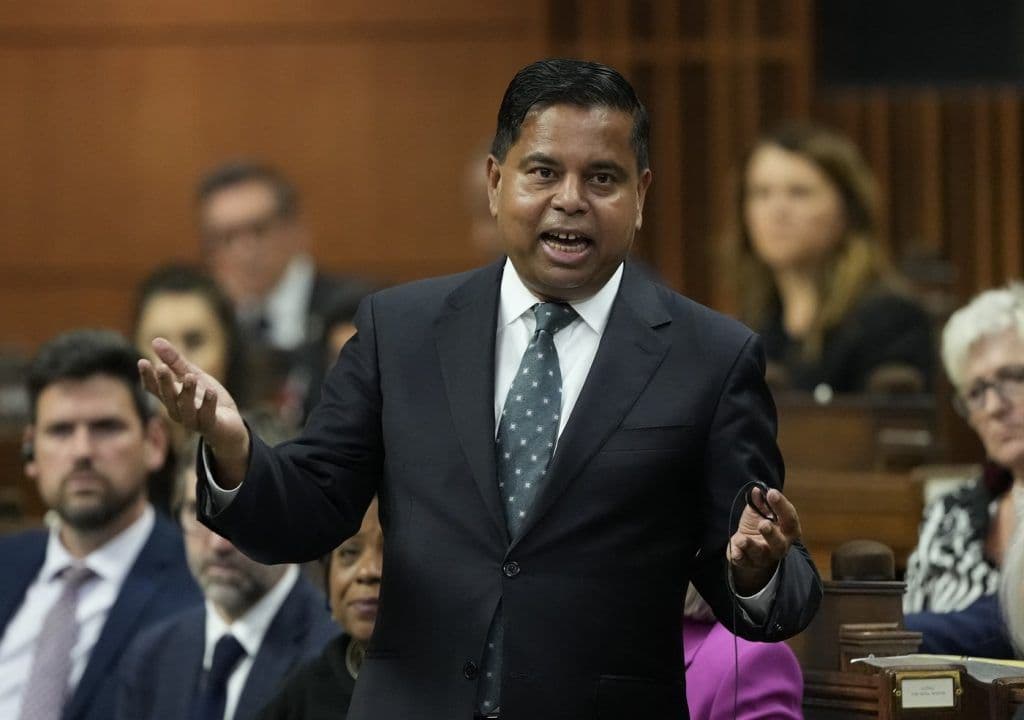
The Unintended Revelation: When Private Doubts Go Public
The world of Canadian politics was recently jolted by a candid, unscripted moment, pulling back the curtain on the internal deliberations of Public Safety Minister . Leaked audio, obtained by Global News, captured a lengthy conversation between Anandasangaree and a tenant of his Toronto property, revealing the minister's private reservations about the government's impending gun buyback program. This wasn't a carefully crafted press release or a parliamentary address; it was an intimate exchange where Anandasangaree, caught off guard, appeared to question the very policy he was tasked with defending. When confronted in the House of Commons, the minister initially stated, “Mr. Speaker, it’s a good thing there’s a recording of it so that Canadians can have a look for themselves,” attempting to frame the incident as an opportunity for transparency. However, Conservative Leader quickly retorted that Anandasangaree had merely “accidentally told the truth,” highlighting the stark contrast between the minister's public duty and his personal misgivings. This unexpected revelation immediately cast a spotlight on the inherent tension between a politician's private convictions and their public responsibilities, setting the stage for a broader discussion on policy, pressure, and authenticity in governance.
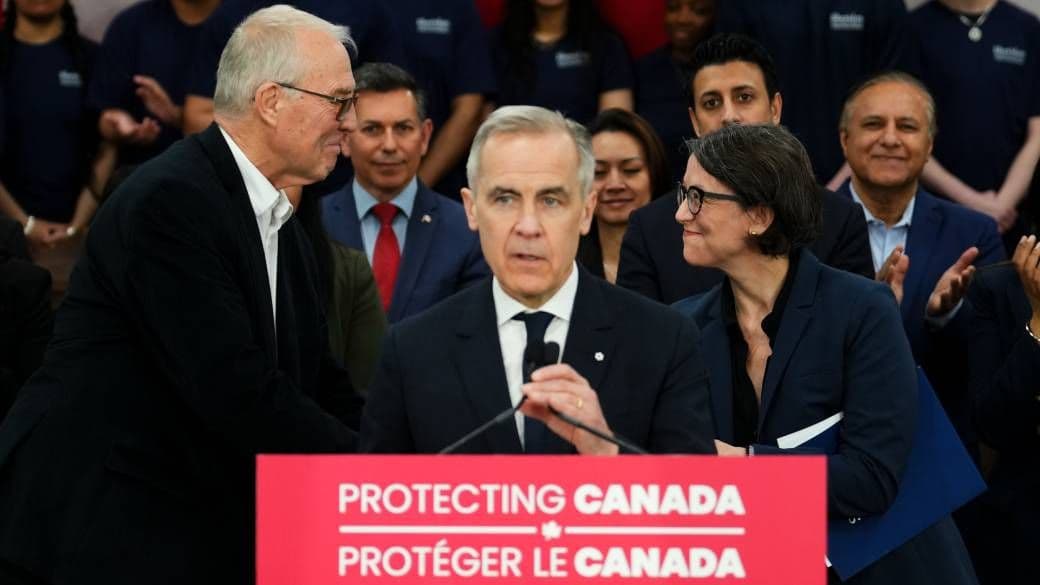
A Minister's Uneasy Convictions: The Gun Buyback Paradox
Delving deeper into the leaked audio, Anandasangaree's discomfort with the gun buyback program became palpably clear, exposing a significant paradox. The minister was heard telling his tenant, who expressed frustration and a refusal to comply with the program, "Don't ask me to explain the logic to you on this." This telling phrase underscored his struggle to rationalize a policy he privately seemed to doubt. He repeatedly confessed that if he had the chance to "redo this… like from scratch," his approach would be "very different." Despite these reservations, Anandasangaree explained that the program was a direct mandate from Prime Minister , a commitment made during the federal election campaign, and driven by "constant, constant discussions" and pressure from . He even went as far as to offer to personally compensate the tenant for any financial difference and, remarkably, offered to bail him out if arrested for non-compliance, though he quickly added, "it’s not going to go that far," citing municipal police services' lack of resources for enforcement. This candid exchange painted a picture of a minister caught between the political imperative to fulfill a promise and his own uneasy convictions about the policy's efficacy and practical implementation.
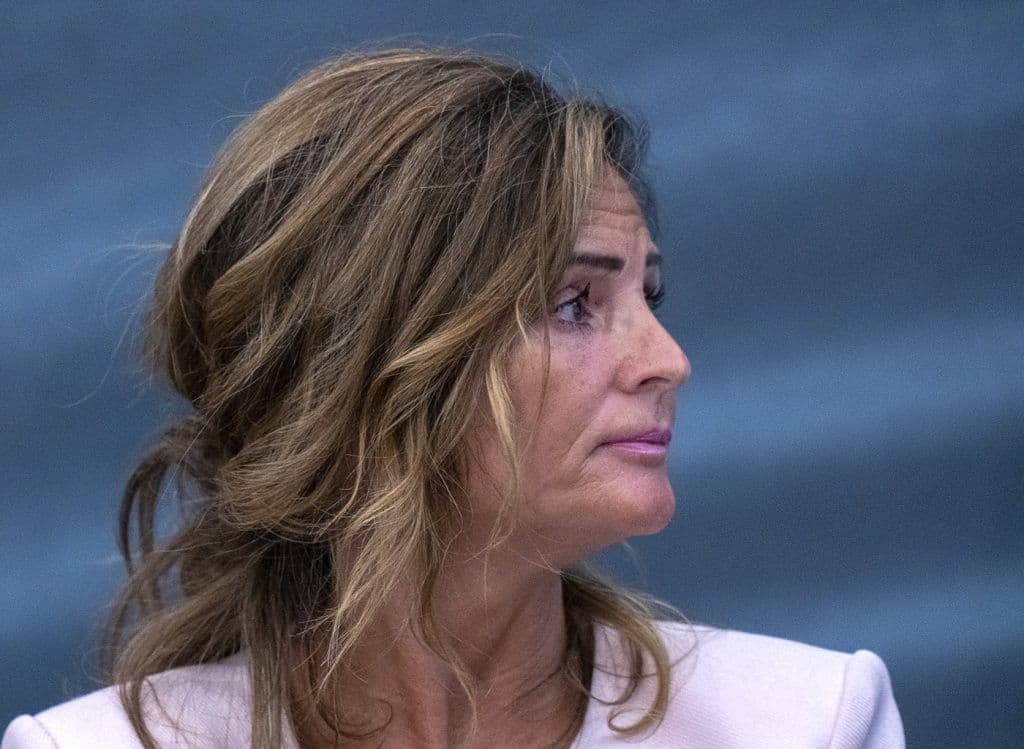
Navigating the Political Tightrope: Pressure, Optics, and Policy
The fallout from the leaked audio thrust Public Safety Minister Anandasangaree onto a precarious political tightrope, forcing him to reconcile his private doubts with his public duty. In the House, he quickly pivoted, declaring his earlier comments "misguided" and asserting the program's importance because "it's what Canadians are looking for." This public retraction, however, did little to quell the political storm. seized the moment, accusing the government of pursuing "bad policy because it's good politics" and "playing politics with guns." This incident perfectly illustrates the intense pressures ministers face: balancing the demands of their party, the expectations of the public, and the influence of powerful advocacy groups. The commitment to the buyback program, partly fueled by figures like , a Polytechnique shooting survivor now in Carney’s cabinet, underscores the emotional and political stakes involved. Anandasangaree's shift from private skepticism to public endorsement highlights the often-unspoken compromises inherent in political leadership, where optics and perceived public demand can sometimes overshadow nuanced policy discussions or even a minister's personal assessment of a program's practical effectiveness.

A Blueprint for 'Redoing It': Anandasangaree's Alternative Vision
Beyond merely expressing doubts, Anandasangaree’s private conversation offered a glimpse into his preferred approach, a "blueprint for 'redoing it'" if given a fresh start. He explicitly stated that if he were to restart the gun control file "from scratch, I would have a very different approach on this." His alternative vision centered on strengthening measures against the illegal possession of firearms, particularly those already banned, and implementing "mandatory" jail time for offenders. He even noted that Justice Minister was "already working on" such initiatives, suggesting a path forward that focuses more on criminal enforcement rather than broader buyback schemes. This perspective resonates with criticisms from gun owners and some provinces who argue that the current buyback program primarily targets legal firearm owners while failing to address the influx of illegal weapons, many sourced from the , used in gun crimes. The minister’s proposed shift towards tougher penalties for illegal firearms highlights a foundational debate within gun control discussions: whether to prioritize confiscation from legal owners or to focus on interdicting and punishing illicit gun activity. His plea to the tenant, "Cut me some slack, OK?" near the end of the recorded conversation, further underscored his personal struggle with the path mandated versus the path he might have chosen.
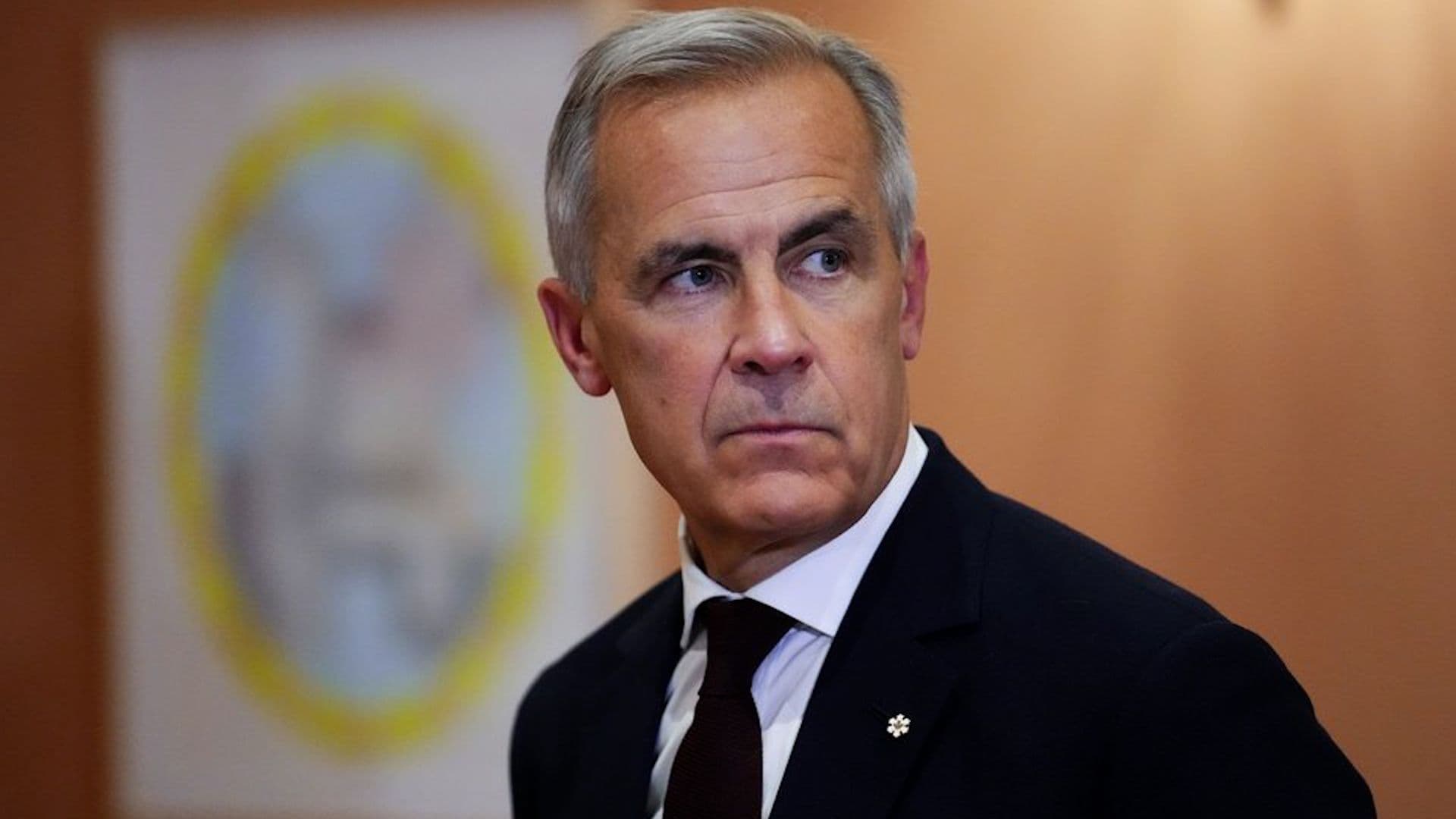
The Echoes of an Honest Conversation: Trust, Transparency, and Governance
The leaked audio of frank discussion has sent ripples far beyond the immediate political controversy, sparking crucial questions about trust, transparency, and the very nature of governance. Anandasangaree's initial public assertion that it was "a good thing there’s a recording of it so that Canadians can have a look for themselves" inadvertently invited a deeper scrutiny into the inner workings of government decision-making. sharp retort that the minister "accidentally told the truth" perfectly encapsulated the public's yearning for authenticity from their elected officials. This incident reveals the often-stark contrast between the carefully curated public persona of a politician and the more complex, sometimes conflicted, individual beneath. It highlights the human element of governance, where personal convictions can clash with political imperatives, campaign promises, and party loyalty. For citizens, this unscripted moment offers a rare, albeit unsettling, window into the pressures shaping policy, raising questions about how much information the public is truly privy to, and how much is shielded by political necessity. Ultimately, the echoes of Anandasangaree's honest conversation serve as a powerful reminder of the enduring challenge for politicians to maintain credibility while navigating the intricate dance between principle and policy.
Related Articles
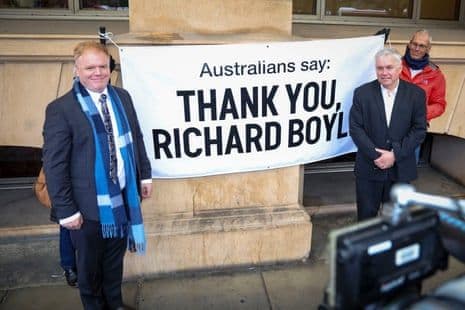
Richard Boyle's Echo: Why His Fight for Transparency Demands a New Era of Protection

Richard Boyle's Echo: Why His Fight for Transparency Demands a New Era of Protection
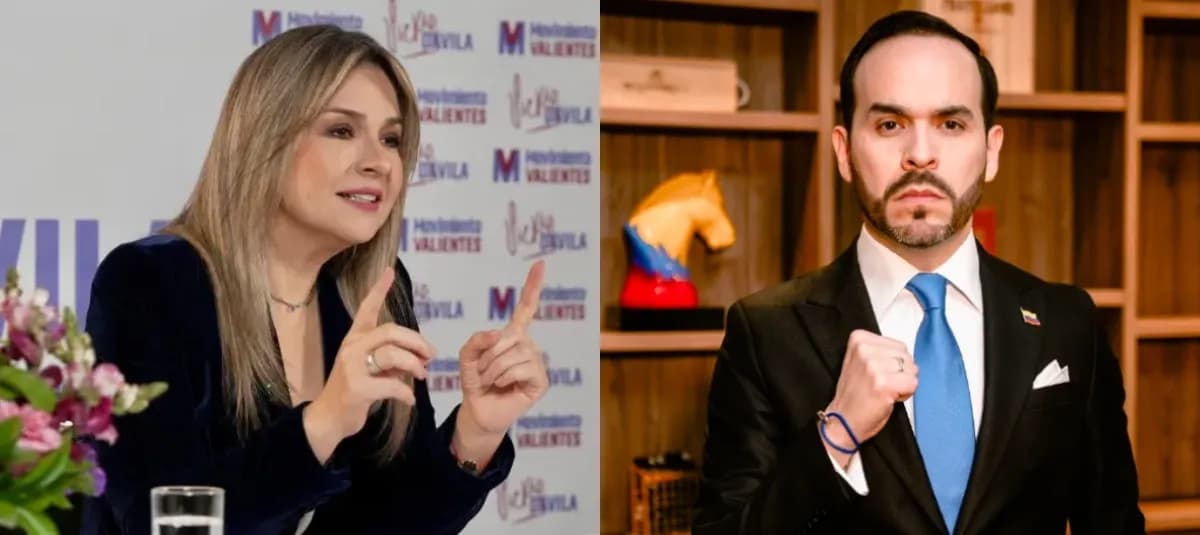
Echoes of Principle: De La Espriella's Journey Through Law, Media, and Political Ambition

Echoes of Principle: De La Espriella's Journey Through Law, Media, and Political Ambition
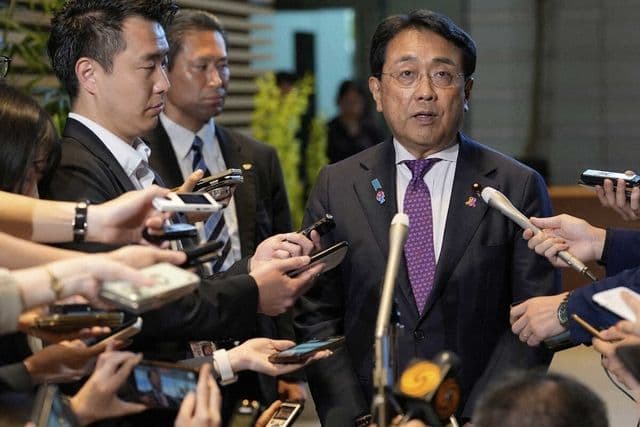
Whispers of Discrepancy: Akazawa's High-Stakes Tariff Report Under the Microscope

Whispers of Discrepancy: Akazawa's High-Stakes Tariff Report Under the Microscope
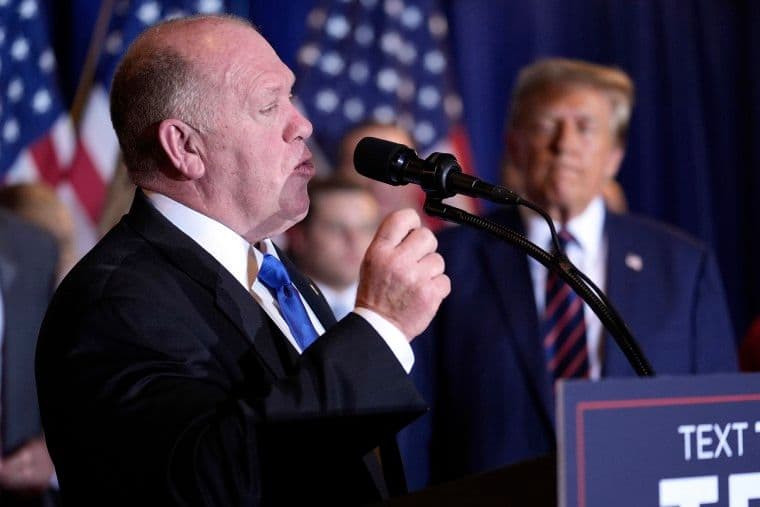
The 'Deep State' Label: How Political Currents Swallowed a High-Profile Corruption Probe
